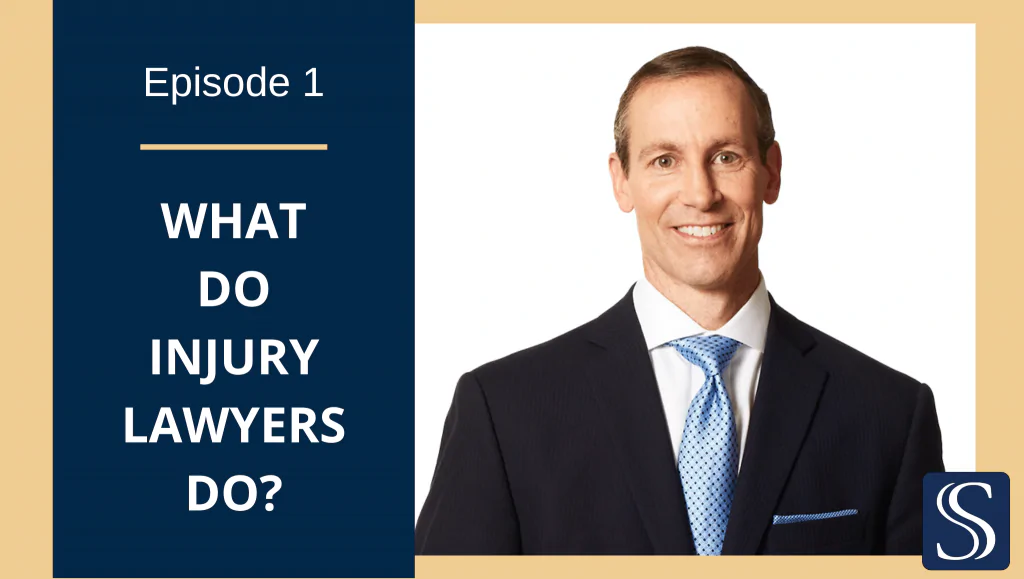
What Do Injury Lawyers Do?
The laws in this country are very complicated and, in many ways, written by insurance companies.

The laws in this country are very complicated and, in many ways, written by insurance companies.
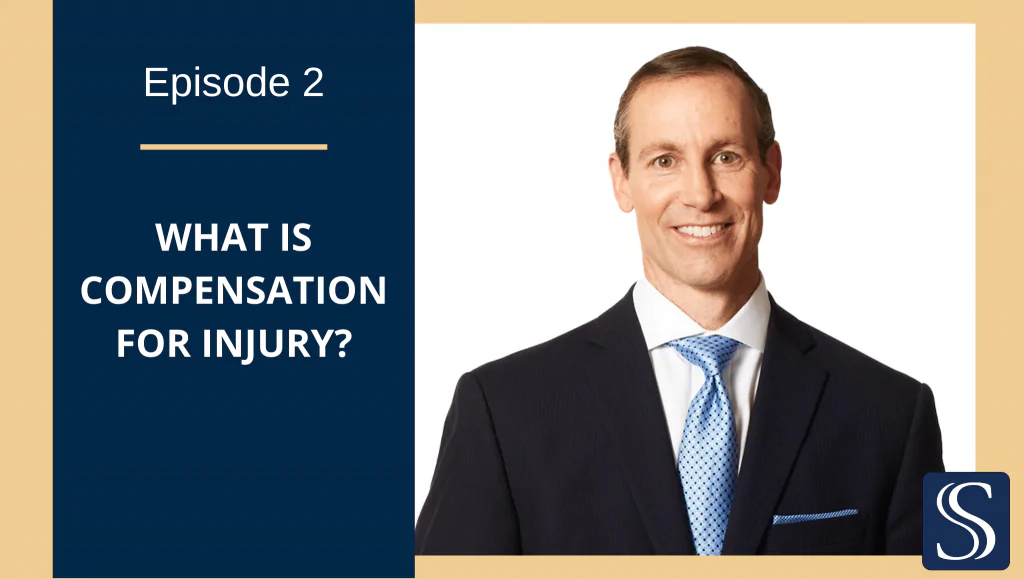
Compensation for injuries is money. That’s the system that we have, and that’s the system that’s set up.
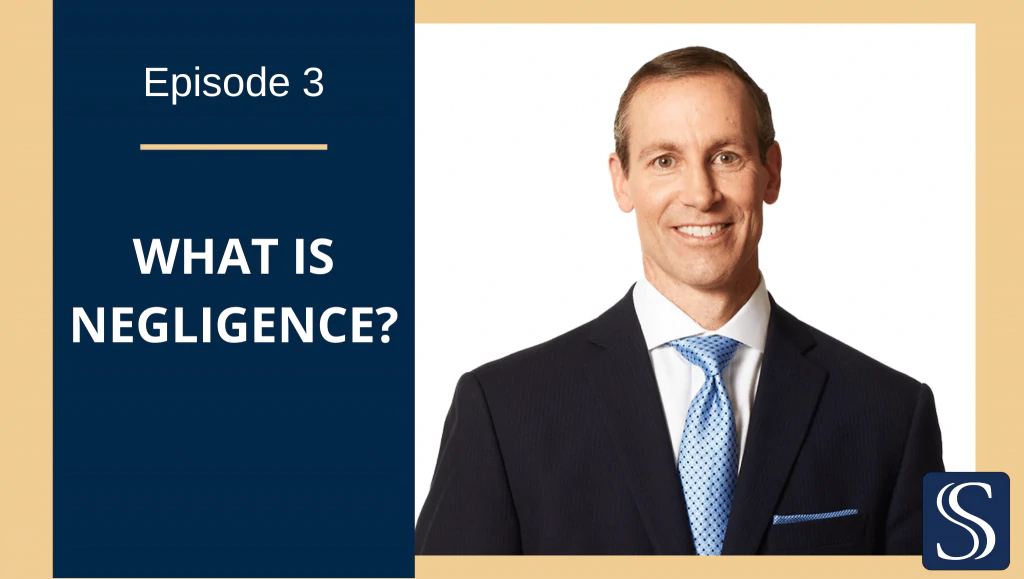
I think many people would say that negligence is causing an accident, or being not mindful. But negligence is more than that.
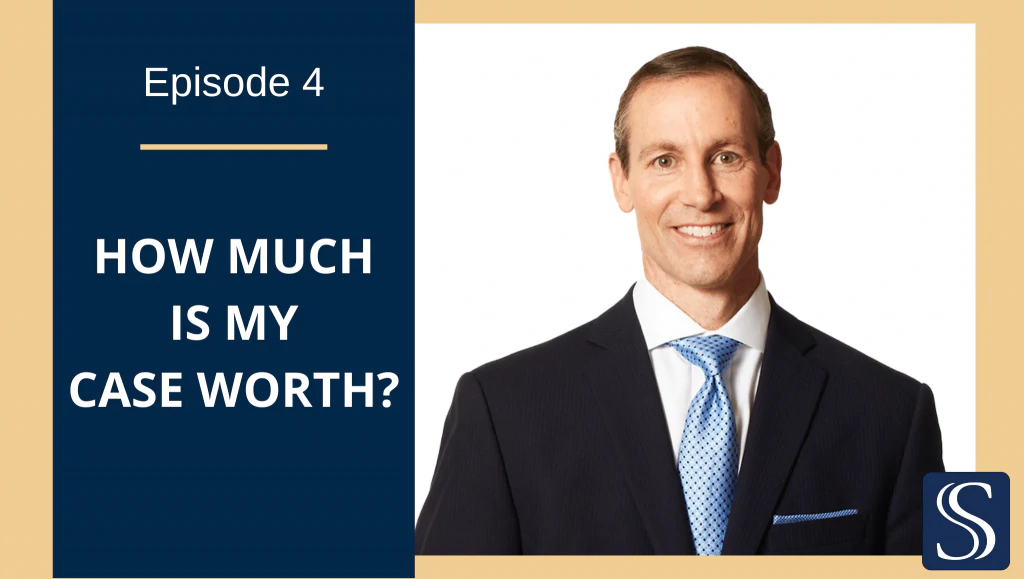
I don’t know. And any lawyer who says they know how much your case is worth is really not being honest.
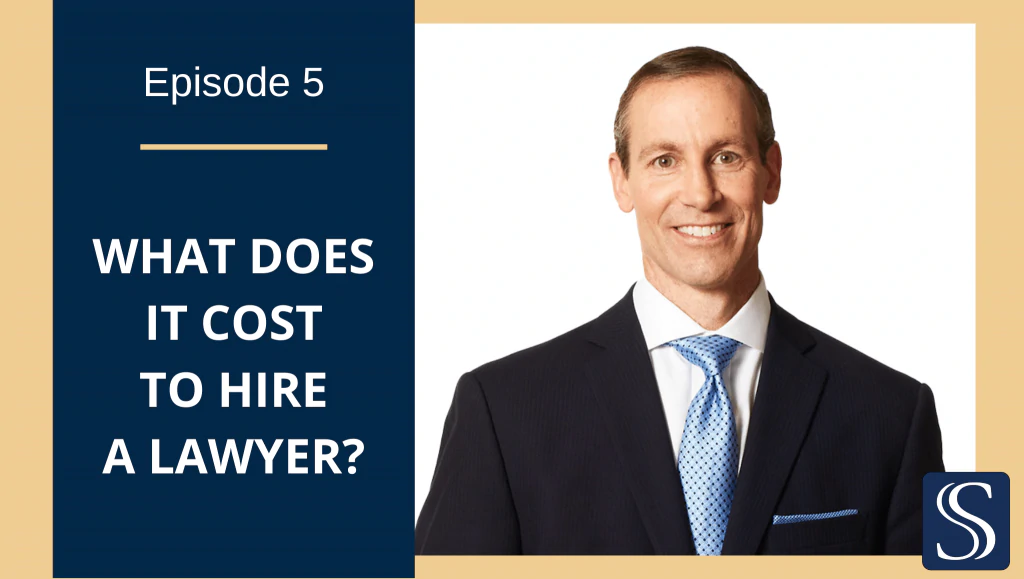
At Sobo & Sobo, it’s impossible to owe us money. We only get paid if we win your case. That means that you’ll never write us a check.
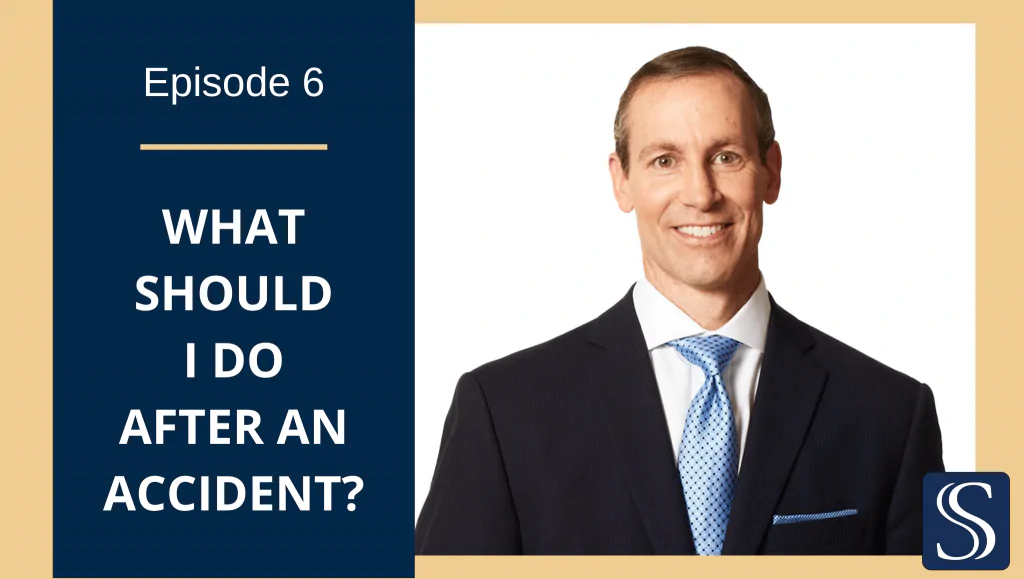
The number one thing to do if you are in a car accident is to make sure that your vehicle is not left in the roadway, and you are not in any more danger.
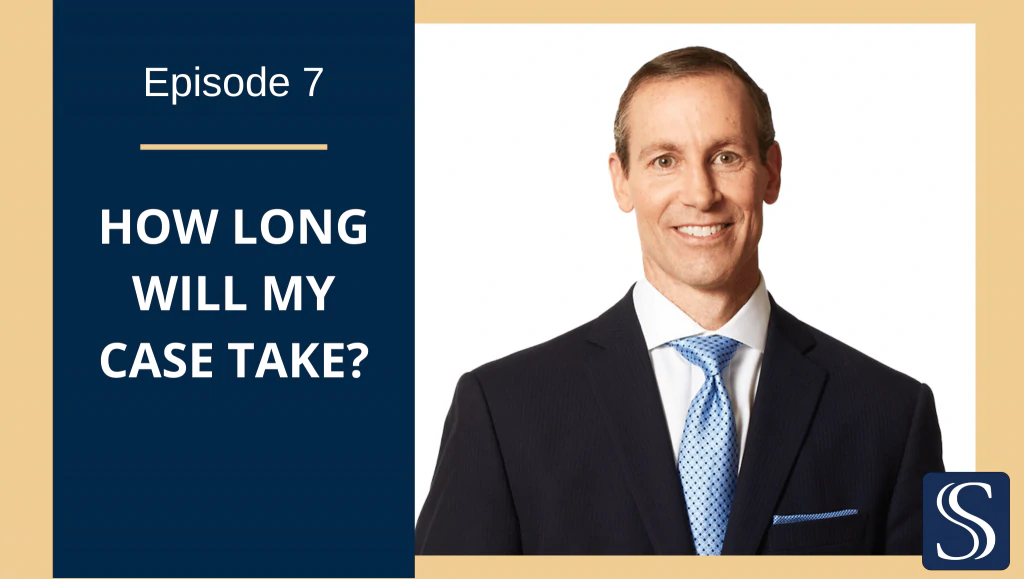
Generally speaking, in a car accident case at Sobo & Sobo, we’ll finish a car accident case within 12 to 14 months.

In New York, there are two things that you have to prove in order to get a settlement in a car accident case.

No-Fault refers to the legal system that requires the insurance company for the vehicle that you are occupying to pay for certain benefits such as medical bills and lost wages, regardless of who caused the accident. New York, for example, has a no-fault law that requires the insurance company for the vehicle you occupy to pay benefits even if that vehicle did not cause the accident.

Negligence is a lack of ordinary care. It is a failure to use that degree of care that a reasonably prudent person would have used under the same circumstances. Negligence may arise from an act that a reasonably prudent person would not have done or, on the other hand, from failing to do an act that a reasonably prudent person would have done under the same circumstances.

“No-Fault” insurance, or “Personal Injury Protection” (PIP), protects the insured even if the injuries are the fault of the insured and even if no one else is involved in the accident. No-fault insurance provides benefits to victims of motor vehicle accidents to reimburse them for “basic economic loss.” Briefly summarized, basic economic loss means all necessary doctor and hospital bills, 80 percent of lost earnings up to a maximum of $2,000 per month for up to three years following the accident, up to $25 per day for a period of one year following the accident for reasonable and necessary expenses the injured person may have incurred because of an injury sustained in the car accident (such as the cost of hiring a housekeeper or necessary transportation expenses to and from doctors), and a $2,000 death benefit, payable to the estate of a deceased person killed in an accident (this will be received in addition to other death benefits as described in the particular insurance policy).
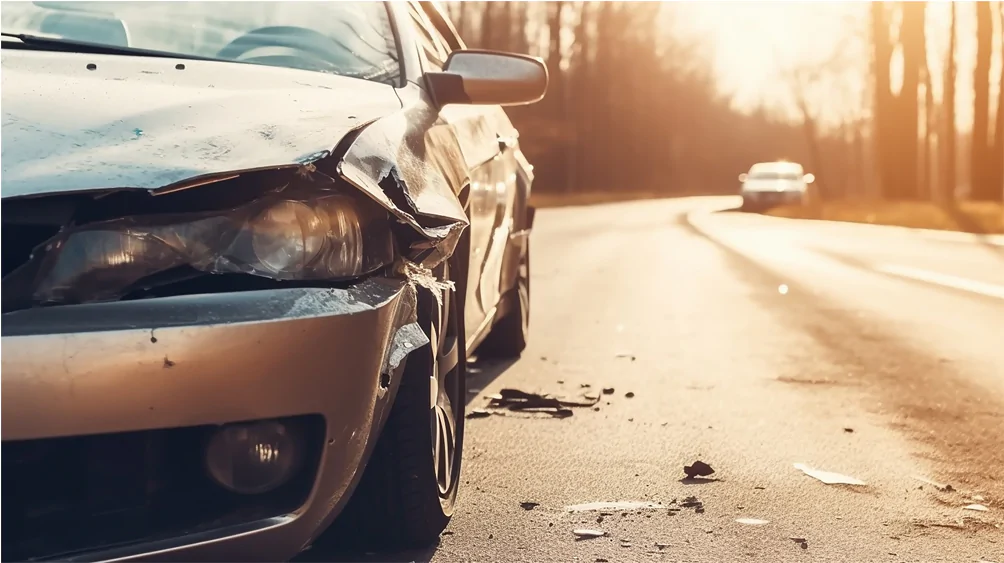
The law places on every person a responsibility to operate their vehicle with care. This law applies to the operation of any type of motor vehicle. A person’s failure to operate a vehicle with reasonable care is called “negligence.” Negligence while operating a motor vehicle can mean breaking the law, such as speeding, or it can mean failing to take proper precautions, such as seeing a road sign or failing to yield when required. If the negligent motor vehicle operation causes an injury to another person, the owner and operator of that vehicle can be held liable for any damages caused by that negligence. Such damages include: medical expenses, pain, suffering, lost wages, loss income, and other damages arising from the accident.

Yes. The attorneys at the Law Offices of Sobo & Sobo L.L.P. have experience handling auto accident cases and have obtained large recoveries for automobile accident victims. Sometimes the facts of an auto accident case can be quickly secured by an experienced attorney and a prompt investigation.
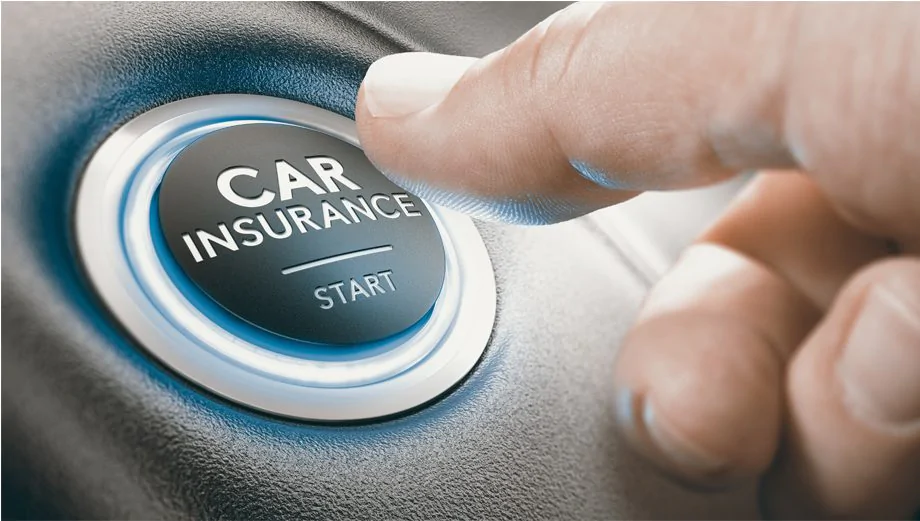
There are three kinds of insurance available for protection and compensation for personal injuries that are caused by a motor vehicle accident:
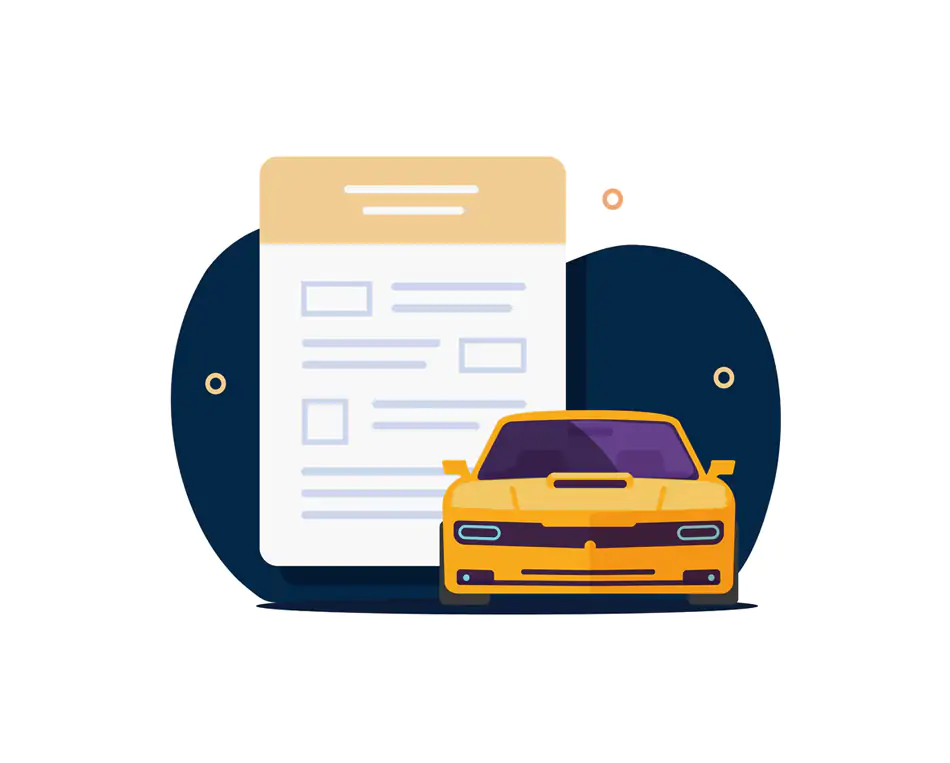
No, it protects the other vehicle involved in the accident. If you are at fault and cause injury to another person, your liability insurance will pay for the damages caused to another person. New York state law requires that you have motor vehicle liability insurance of a minimum amount of $25,000.

You should have uninsured and underinsured motorist protection. This is the insurance that protects you if you sustain injuries in a car accident that is caused by someone else’s fault, and the other driver either has no insurance or does not have enough insurance to compensate you for your injuries. New York state law requires that every driver have only $25,000 of motorist liability insurance. Many, if not most, drivers only have only $25,000 of liability insurance. If you suffer any type of serious injury, $25,000 of insurance will not be enough. Also, many people violate the law and have no insurance. The law permits you to waive this valuable uninsured and underinsured motorist protection. Our advice at Sobo & Sobo, is to be sure to pay the little extra for this insurance that will protect you and your family in the event of a car accident.

You likely have a personal injury if: (1) you were in an accident that was not entirely your fault, and (2) you sustained an injury from the accident.

If you were injured in an accident, you should contact Sobo & Sobo immediately for a free consultation to evaluate your claim, protect your rights, and discuss next steps.
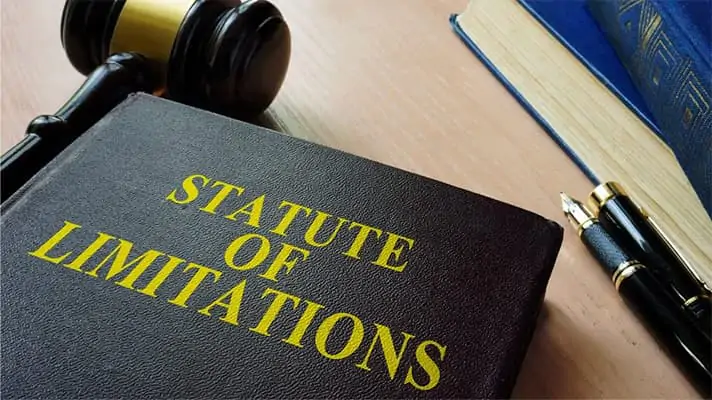
There are different statute of limitations in New York, and exceptions that can add additional time. While every case is different, the statute of limitations in New York for personal injury claims is three years from the date of the accident.
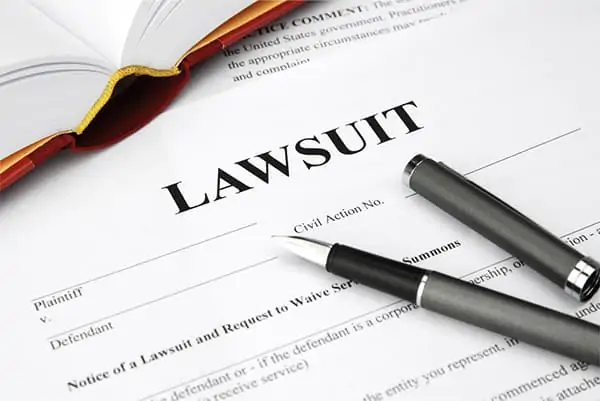
Yes, you can file a lawsuit on your own, called a “pro se” lawsuit. There are many complicated New York State, local, and judge’s rules regarding lawsuits. It is best to hire an experienced attorney for personal injury claims.
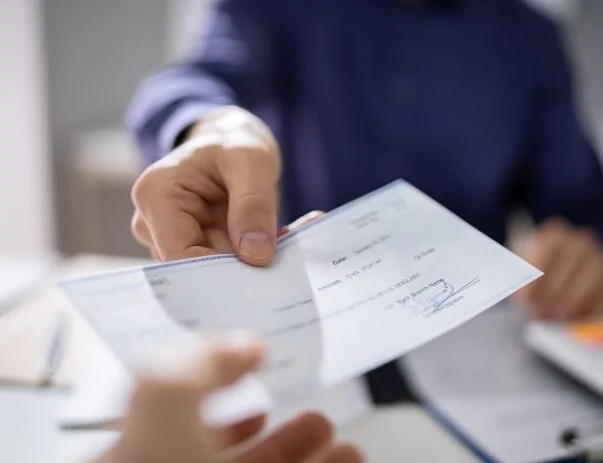
Every case is different. A personal injury case can have many different twists and turns affecting how long the case takes to win.
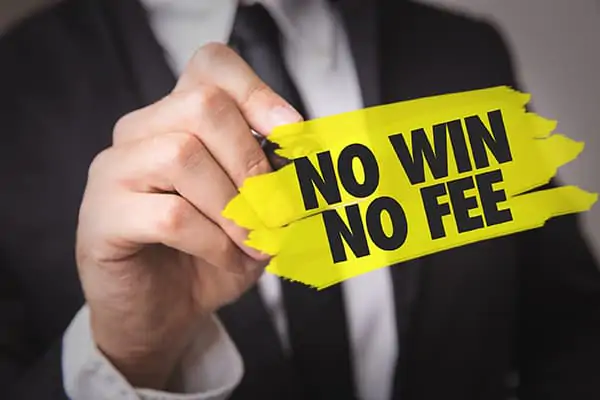
The Sobo & Sobo “No Fee Guarantee” puts in writing that there is never a charge unless the firm, wins money for the client.
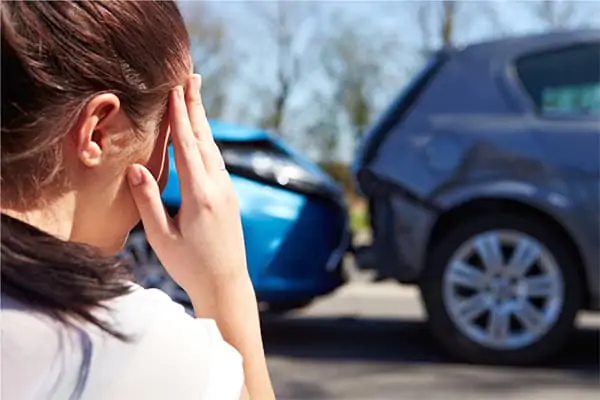
In most cases, you can still win a personal injury case even if the accident was partially your fault.

The very first thing you should do is seek treatment by a medical professional, and be sure mention all the areas of pain or injury. Second: call Sobo & Sobo to secure your rights.

The personal injury claim process is a legal system that is used to assess the value of a claim.
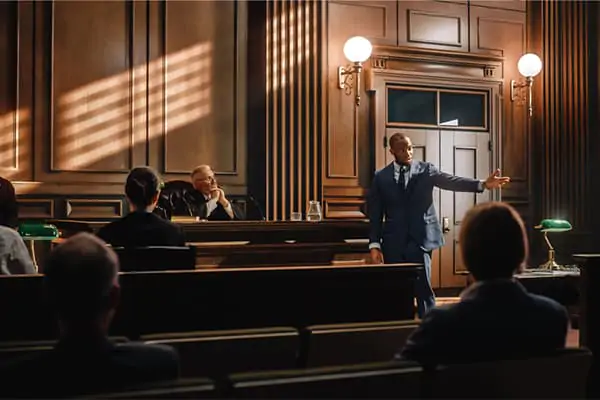
Probably not. Most cases at Sobo & Sobo settle without a trial. In the rare case where there is a trial, we do our best to make the experience a positive one.
